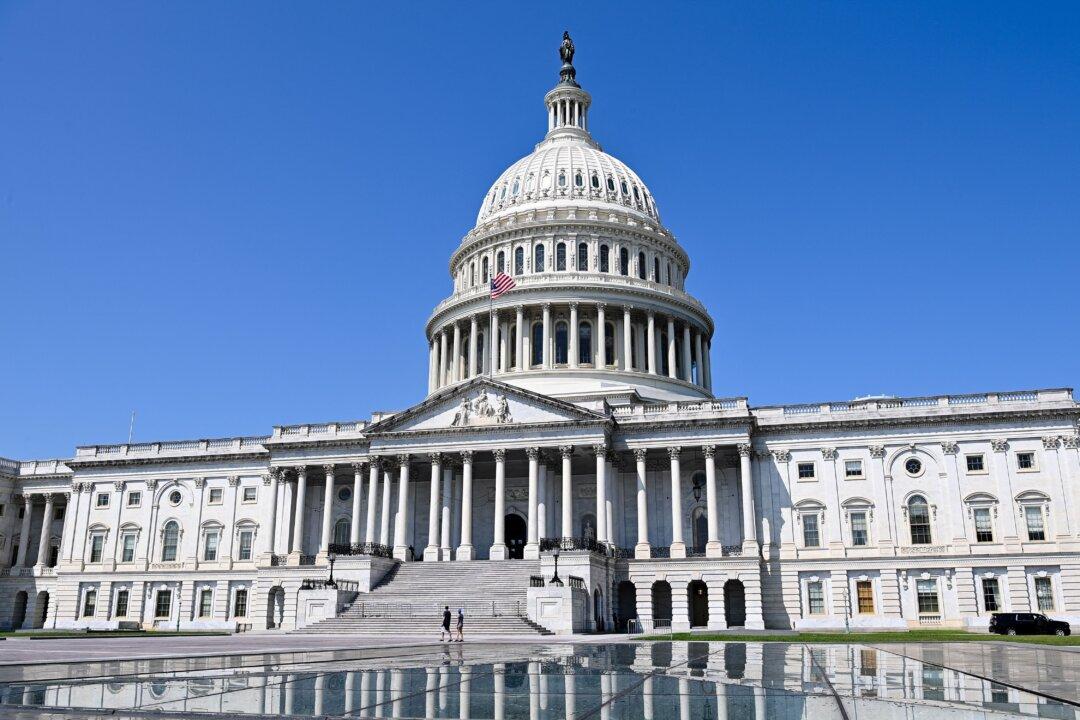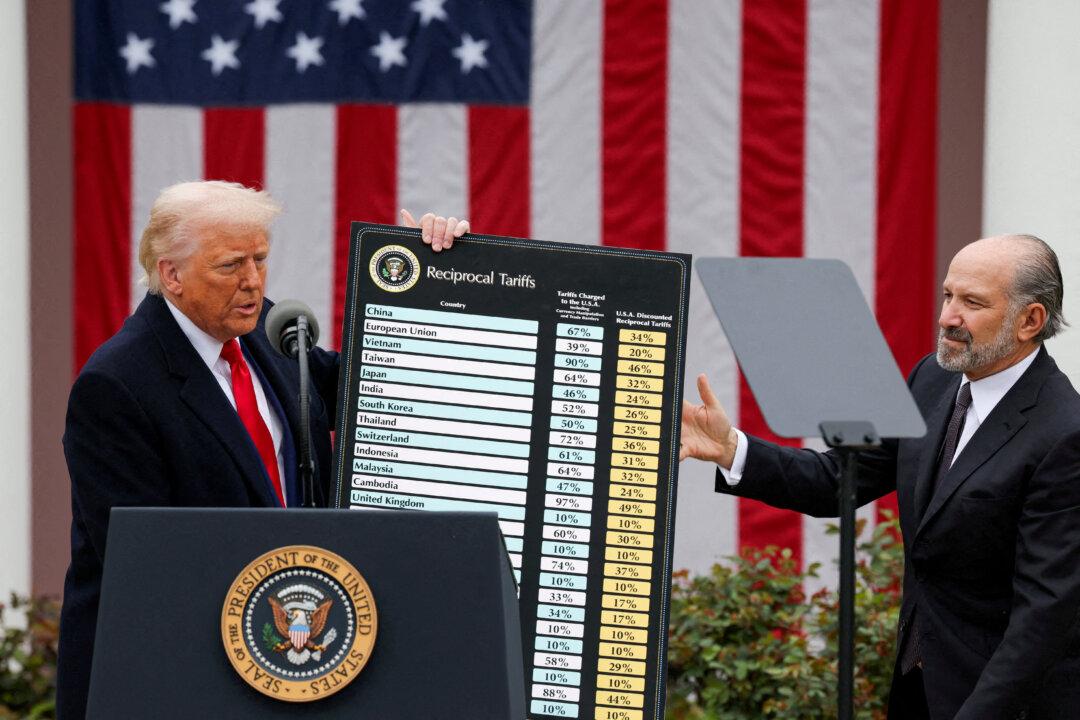Commentary
A great aspect of American democracy is that legislation text is transparent and readily available for anyone to review before representatives vote on the bill. With Congress passing the America COMPETES Act on Feb. 4 and heading to the Senate, it is worth going through the legislation and see what is actually in the bill and whether it will help America compete better, specifically against China.





